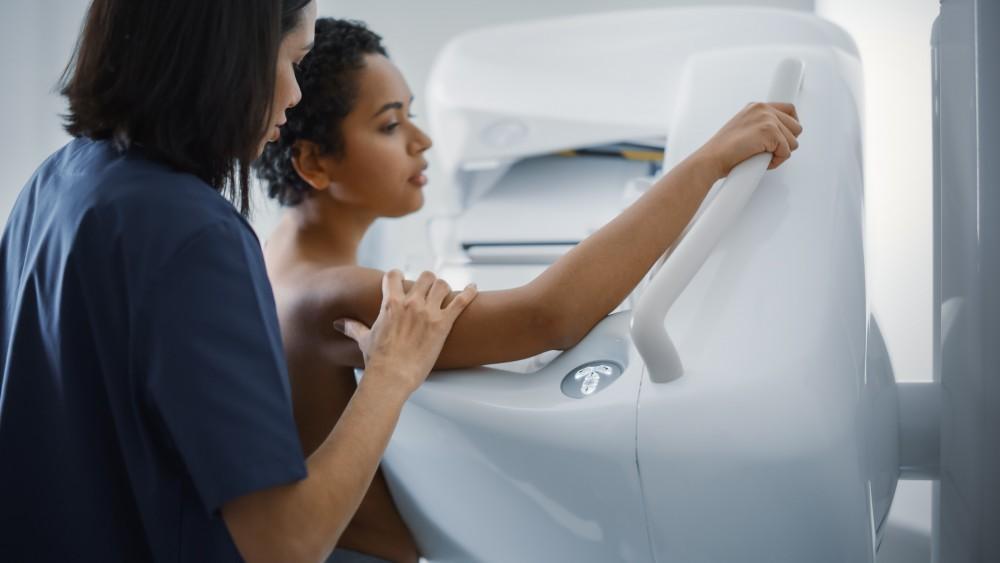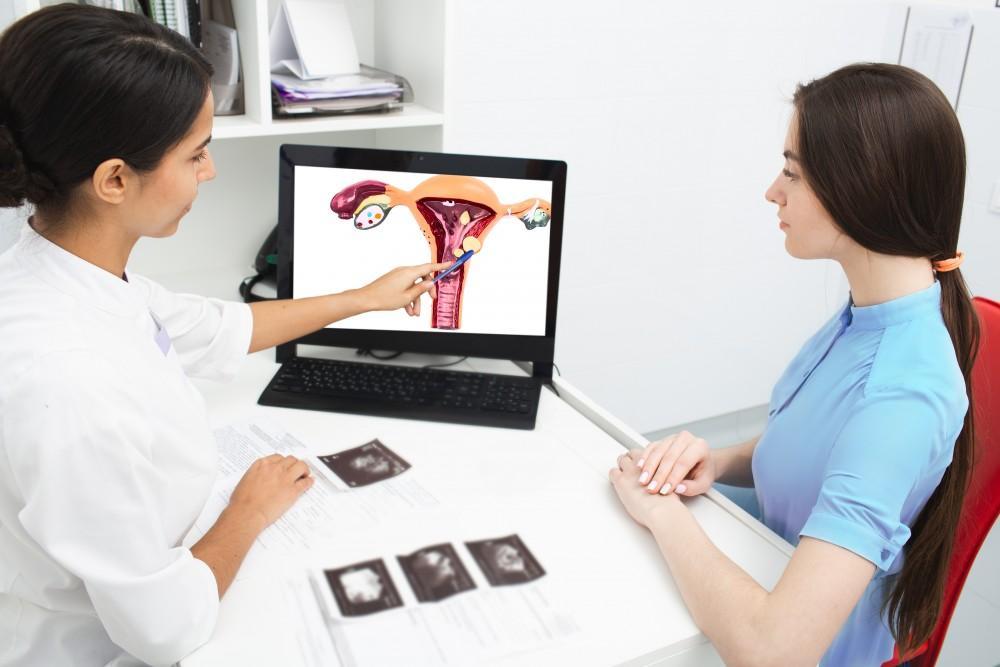
What to Expect From Your First 3D Mammogram
A mammogram is an X-ray of your breasts. It’s the best way to identify early...
Read MoreDoes the thought of discussing sex with your doctor make you cringe? Many women may say yes. But the truth is that up to 50% of women experience changes that make sex painful after menopause.
Physical and hormonal changes in your body affect your sexual and vaginal health. Pain during sex is common, but that doesn’t mean you have to accept a lower quality of life as you get older. Plus, menopause isn’t the only cause of these common symptoms; pregnancy and having a baby can also make sex more painful that it used to be.
If you’re experiencing painful sex, it’s time to learn what you can do about it. Our expert OB/GYN team at The Women's Center is here to help. We’re proud to offer gynecological treatment with MonaLisa Touch®, a fractional laser to rejuvenate vaginal tissue and improve symptoms from painful sex to vaginal dryness.
Events like childbirth and menopause can trigger hormonal and physical changes that affect your enjoyment of sex. Many women notice a range of negative side effects that include:
Over time, tissue in the vagina weakens. Lower levels of estrogen after childbirth or menopause also contribute to symptoms. Vaginal laxity, along with a natural decrease in lubrication, can make sex less enjoyable and even painful for many women.
Vaginal atrophy is common, but the topic can be embarrassing to discuss with your doctor. If your relationship or your quality of life suffers, it’s time to learn more about your options with MonaLisa Touch.
MonaLisa Touch is a laser system that’s specially designed for gynecological use. It uses powerful, fractional CO2 laser technology to gently rejuvenate soft tissue and improve sensation. It’s a no-drugs, nonsurgical option to treat common symptoms of vaginal atrophy.
The proprietary fractional laser pattern stimulates cell regeneration deep inside vaginal tissue. New cell growth improves vaginal comfort and reduces symptoms of vaginal atrophy. At the same time, it preserves surrounding tissue to promote rapid healing and little downtime.
If you’re bothered by symptoms of vaginal discomfort, MonaLisa Touch could be right for you. To help you learn more about your options, our doctors can perform an exam and discuss your symptoms and goals for treatment with you.
Your MonaLisa Touch treatment session takes just five minutes, and results develop immediately. Treatments are generally well-tolerated. You may feel a warm sensation or vibration, but anesthetics aren’t required.
Most women don’t have any downtime following their MonaLisa Touch treatments. However, our team generally recommends refraining from sexual activity for a few days to allow your body time to heal. In the week following treatment, expect to notice improved lubrication and sensation, which can result in more comfortable sex.
Some women find that a series of three MonaLisa Touch treatments spaced six weeks apart delivers noticeable improvements to their sex lives. If you’re happy with your results, it’s possible to get yearly treatments to maintain your vaginal health. Talk to our team to find out what’s right for you.
You don’t have to settle for painful or uncomfortable sex after childbirth or menopause. Learn more about the benefits of MonaLisa Touch by booking a consultation with us online or over the phone today. You can also send a message to the team at The Women’s Center here on our website.




A mammogram is an X-ray of your breasts. It’s the best way to identify early...
Read More
About 1 in 10 women has ovarian cysts. These small growths form on your ovaries,...
Read More
If you and your partner have decided you’re ready to start growing your family, you’re...
Read More